In earlier days these were the literary genres one could only encounter in folklore music. That is, until Chopin, Liszt and Scriabin introduced them in classical music! On my album ‘Storyteller’ I focus on these three composers – how they explored those poetic genres and how their compositions reflect the actual literary texts that inspired them.
The album starts with Frédéric Chopin’s four Ballades, which are among my most beloved pieces to perform. Apart from being incredibly beautiful and emotionally powerful, the ballades have a heroic narrative element as if telling the story of a medieval legend. They also have a distinctive dance element, possibly coming from the old Italian ballata.
Each ballade holds its own unique world and unique story. Chopin was a pioneer of this genre, and he served as an inspiration for composers such as Liszt and Brahms, who (shortly after Chopin) wrote ballades of their own. In his letters, Chopin often mentioned that the main inspiration for his ballades, were the ballades of a poet: the wonderful Adam Mickiewicz from Poland. There are ongoing disputes about which particular ballades by Mickiewicz inspired Chopin. Some say that Mickiewicz’s ‘Switezianka’, (Nymph of Lake Switez) was the inspiration for his third Ballade, while others say it inspired his second.
In addition, there are theories that the novel in verse ‘Konrad Wallenrod’ was the inspiration for Chopin’s first Ballade. We cannot know for sure, but what is certain is that Adam Mickiewicz had a strong influence on Chopin. When reading his poems one can sense a resemblance to the musical style of Chopin’s compositions.
The ‘Tre Sonetti del Petrarca’ (Three Sonnets of Petrarch) by Franz Liszt belong to the second year of his Années de Pèlerinage (years of pilgrimage): Italie. These three poetic pieces were written after Petrarca’s sonnets numbers 47, 104 and 123. The pieces are very intimate and lyrical, and some of the climaxes even remind me of Italian opera! In all three sonnets Petrarca writes of his love for his beloved Laura.
Alexander Scriabin introduced the genre of poems as piano miniatures. For the closing of the album I chose two of his musical poems, Opus 32 and the Sonata no.4 Opus 30. Opus 32 are a couple of poetic sketches reflecting two states of the soul: one blissful and meditative, the other of all-consuming ecstasy! Scriabin found his unique way of expressing blissful contemplation and unstoppable, explosive creative energy. These are the two poles of his creative nature. In his Sonata No. 4, Scriabin provided a poem in prose that he himself wrote, flying towards a wish, a star, as his object of desire. It opens with a very serene, poetic first movement, which proceeds into a mad dance, liberation, and flight of exaltation that ends with an absolutely ecstatic and overwhelming coda!
Apart from having a connection with literature, the title ‘Storyteller’ has a deeper meaning for me, since as a performing musician this is what one should do – tell the stories to the listeners with fingers and emotions. It’s just instead of words we are using music.
– Anna Fedorova, pianist
Tracklist
Please note that the below previews are loaded as 44.1 kHz / 16 bit.Total time: 01:10:09
Additional information
| Label | |
|---|---|
| SKU | 42219 |
| Qualities | DSD 512 fs, DSD 256 fs, DSD 128 fs, DSD 64 fs, DXD 24 Bit, FLAC 192 kHz, FLAC 96 kHz |
| Channels | 2ch Stereo, 5 Channel Surround Sound, 2ch Stereo & 5ch Surround |
| Artists | |
| Composers | |
| Genres | |
| Editing Software | Pyramix, Merging Technologies |
| Speakers | Grimm LS1 |
| Recording Type & Bit Rate | DSD 256 |
| Recording location | MCO Hilversum, The Netherlands |
| Recording Engineer | Jared Sacks |
| Mixing Board | Rens Heijnis, custom design |
| Mastering Engineer | Jared Sacks |
| Digital Converters | Horus, Merging Technologies |
| Cables | Van den Hul |
| Original Recording Format | |
| Instruments | |
| Release Date | November 1, 2019 |
Press reviews
Positive Feedback
[Fedorova] continues to hold my rapt attention with her subtle, flexible, engaging style, and persuasive interpretations. And she proceeds to perform each ballade with great individuality and interpretive confidence. Sharing with the listener an intimate acquaintance with these ballades, she introduces an elegant re-working of pieces I thought I knew well.
Classics Today
(…) Somehow the looser-knit Liszt Petrarch Sonnets inspire Fedorova’s most engaging pianism and persuasive interpretations. (…)
BBC Music Magazine
(…) Most pertinently, ‘poetic’ is the best description for all of Fedorova’s playing.
Het Parool
Alle gradaties van emotie (…) De Russiche pianiste Anna Fedorova voelt het. Zij speelt de Ballades exemplarisch (…) Storyteller heet Federova’s cd. Die titel maakt ze volledig waar.
Music Frames
In een adembenemende souplesse vertelt pianiste?Anna Fedorova?haar muzikale verhaal op ‘Storyteller’(…) Haar virtuositeit klinkt zo vanzelfsprekend dat je amper in de gaten hebt naar wat voor een talent je eigenlijk luistert. Subliem!
In a breathtaking flexibility, pianist?Anna Fedorova?tells her musical story on ‘Storyteller’ (…) Her virtuosity sounds so obvious that you barely notice what kind of talent you are actually listening to. Sublime!
Opus Klassiek
(…) Fedorova is een stertalent dat uitgelezen spanningsbogen trekt, de muziek volop laat ademen, fijnzinnige rubati en accelerandi in haar bagage heeft, buitengewoon fraai fraseert en ritmiek en harmonie mede het verhaal laat vertellen. (…)
Only logged in customers who have purchased this product may leave a review.

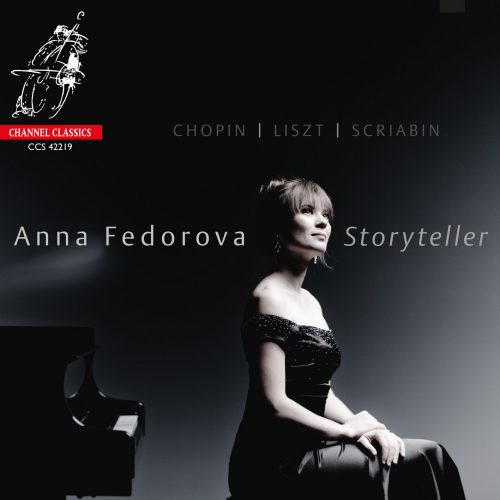
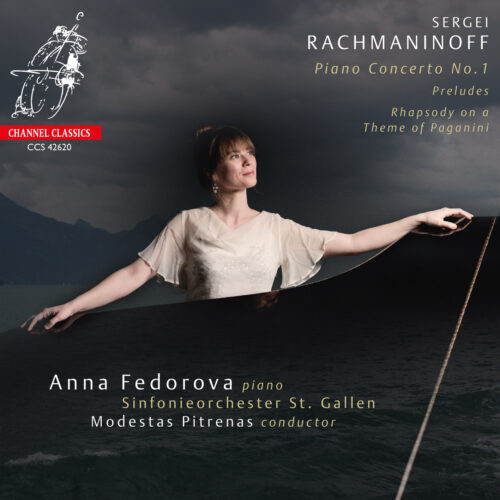
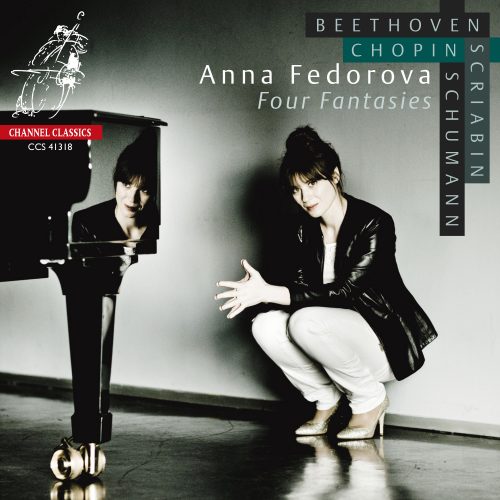
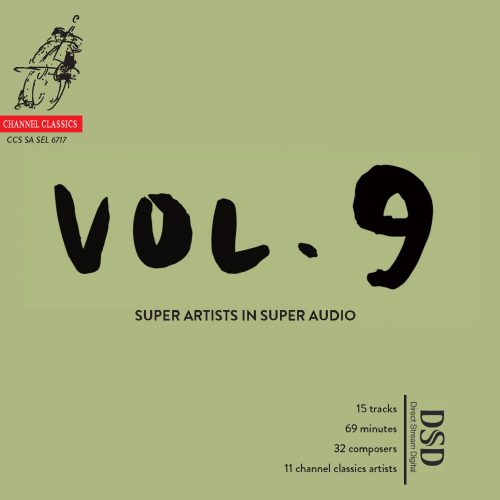
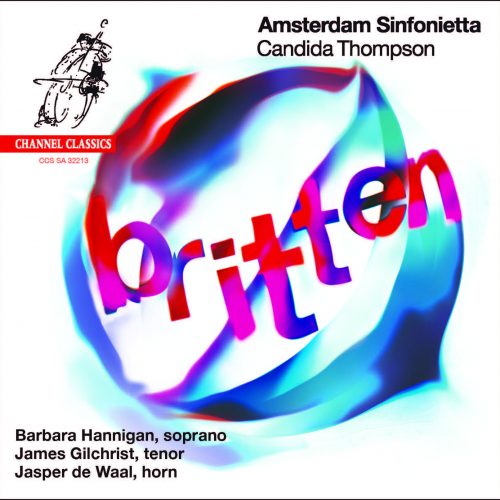
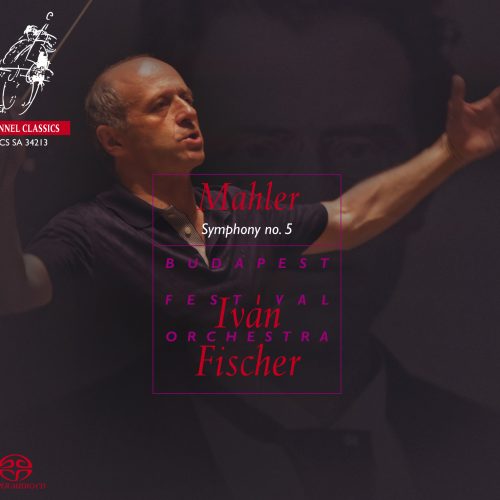
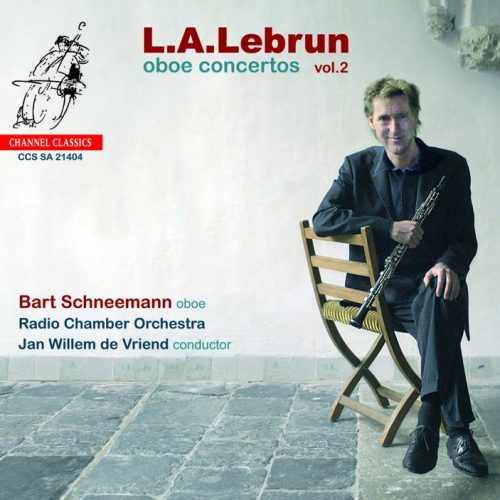
Reviews
There are no reviews yet.